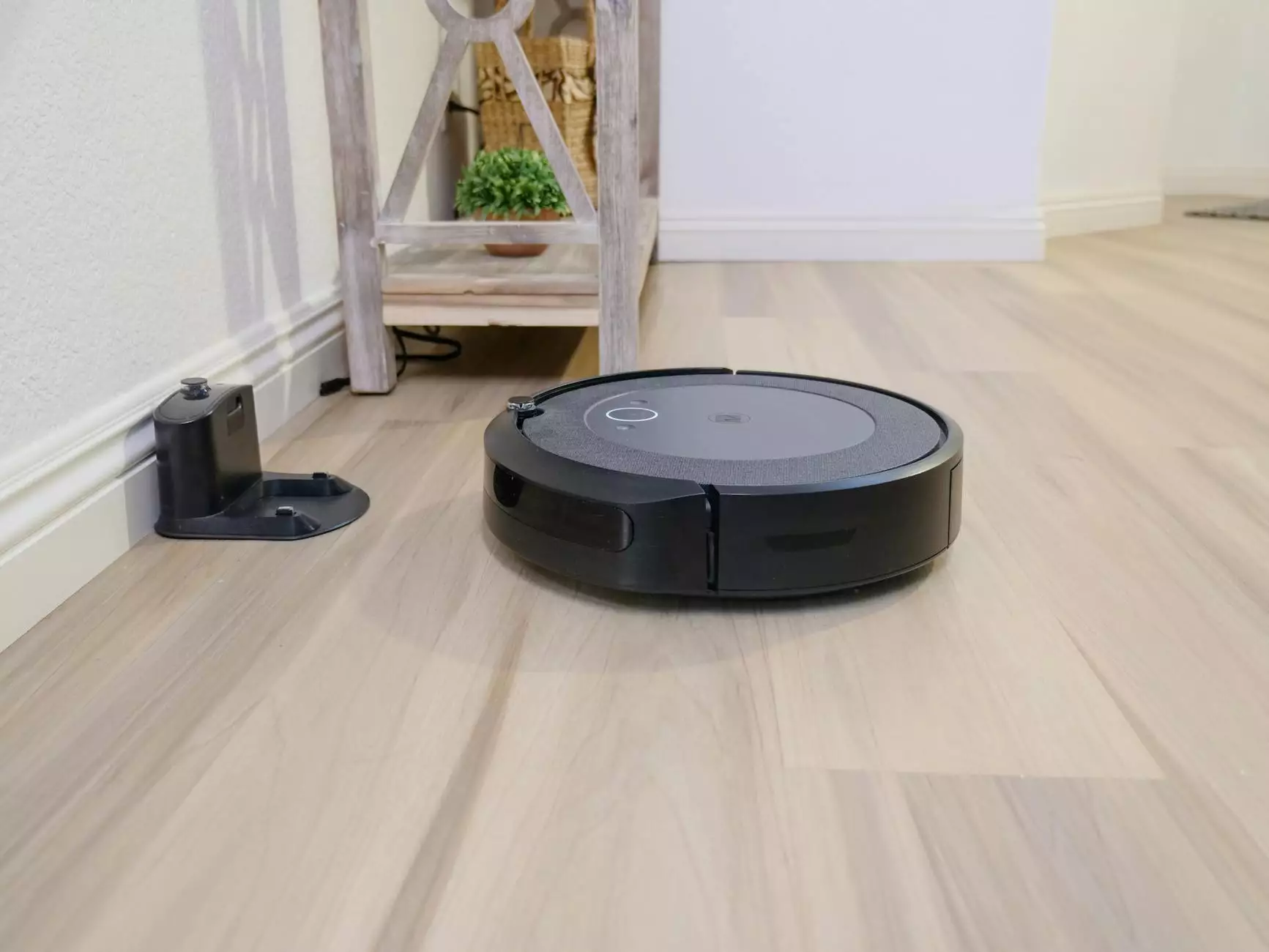Transforming Your Business with Industrial Vacuum Solutions

In the quest for operational excellence, businesses are continually seeking innovative technologies that enhance efficiency and productivity. One such technology that has gained significant traction is the industrial vacuum system. These systems are essential for various sectors, including manufacturing, pharmaceuticals, food processing, and more. This article delves deep into the numerous advantages of implementing industrial vacuum solutions in your business.
Understanding Industrial Vacuum Systems
Industrial vacuums are robust and powerful machines designed to remove dust, debris, and other contaminants from large spaces. Unlike traditional vacuum cleaners, industrial vacuums are specifically engineered to handle substantial dirt loads and can operate continuously in demanding environments.
Types of Industrial Vacuum Systems
The landscape of industrial vacuums is diverse. Below are several types of systems you may consider for your business:
- Centralized Vacuum Systems: These systems are integrated into the building’s design, offering a connected network of hoses and inlets for easy cleaning throughout a facility.
- Portable Industrial Vacuums: Ideal for on-the-go cleaning, these units are movable and can be used in various locations and applications.
- Explosion-Proof Vacuums: Designed for hazardous environments, these vacuums mitigate the risk of igniting flammable dust or vapors.
- HEPA Filter Vacuums: Utilized in environments requiring stringent cleanliness standards, HEPA filters capture 99.97% of particles.
The Advantages of Industrial Vacuums
Investing in an industrial vacuum system can bring transformative benefits to your business. Here are some of the key advantages:
1. Enhanced Efficiency
Industrial vacuums are designed for maximum efficiency. With high suction power and specialized attachments, these systems can clean larger areas faster than conventional vacuums. This speed allows staff to focus on core operations instead of spending excessive time on cleaning duties.
2. Improved Workplace Safety
Keeping the workspace clean reduces the risk of accidents caused by slips, trips, and falls. An industrial vacuum removes harmful dust and debris that can compromise worker safety. Furthermore, many industrial vacuums come equipped with safety features to ensure secure operations in hazardous environments.
3. Sustainability and Environmental Responsibility
Many modern industrial vacuum systems are designed with sustainability in mind. They utilize energy-efficient motors and advanced filtration systems that minimize emissions and environmental impact. By incorporating these systems, your business can demonstrate a commitment to eco-friendliness.
4. Cost-Effectiveness
Although the initial investment in industrial vacuums may be higher than traditional vacuums, they are built to last longer and require less frequent replacement or maintenance. Moreover, their efficiency saves time and labor costs, ultimately leading to significant savings in operational expenses.
Applications of Industrial Vacuum Systems
The versatility of industrial vacuums makes them suitable for a variety of applications. Here are some notable examples:
1. Manufacturing Facilities
In manufacturing plants, dust, chips, and shavings can accumulate quickly, creating a need for effective cleanup. Industrial vacuums can handle these materials with ease, maintaining a clean and safe environment that enhances productivity.
2. Food Processing Industries
The food industry demands stringent hygiene standards. HEPA filter industrial vacuums can safely remove allergens and contaminants, supporting compliance with food safety regulations while ensuring the cleanliness of production areas.
3. Pharmaceutical Manufacturing
In pharmaceutical settings, maintaining a dust-free environment is paramount. Industrial vacuum systems equipped with advanced filtration can eliminate harmful particles, ensuring the integrity of sensitive pharmaceutical products.
4. Construction Sites
Construction sites can generate substantial waste, including dust and debris. Industrial vacuums equipped for wet and dry applications can efficiently handle these materials, which helps maintain site cleanliness and safety.
Choosing the Right Industrial Vacuum for Your Business
Selecting the appropriate industrial vacuum system for your business involves considering several factors:
1. Assess Your Needs
What specific cleaning needs does your business have? Consider the type and volume of debris you need to remove. This assessment will guide you in selecting the right size and type of vacuum.
2. Evaluate Filtration Requirements
Depending on your industry, you may require specific filtration systems. For example, HEPA filters are recommended in healthcare and food production environments.
3. Power and Performance
The power of the vacuum should match your requirements. Assess the horsepower and suction capabilities, particularly if you're dealing with heavy debris.
4. Consider Noise Levels
Since industrial vacuums can be quite noisy, consider the sound level suitable for your workspace. Look for models designed to operate quietly to maintain a pleasant working environment.
Maintenance of Industrial Vacuum Systems
- Regular Filter Changes: Change or clean filters as recommended by the manufacturer to maintain optimal suction and dust containment.
- Inspect Hoses and Attachments: Periodically check for wear and cracks in hoses and attachments to prevent loss of suction.
- Schedule Professional Servicing: Consider scheduling professional maintenance checks to ensure all components function correctly.
Case Studies: Success Through Efficient Cleaning
To illustrate the benefits of industrial vacuums, let's examine a few case studies:
Case Study 1: Manufacturing Efficiency
A large manufacturing facility implemented centralized industrial vacuum systems, leading to a 30% reduction in cleaning time. This efficiency allowed employees to focus on production, significantly increasing output.
Case Study 2: Pharmaceutical Cleanliness
A pharmaceutical company adopted HEPA-filtered industrial vacuums and reported improved compliance with cleanroom standards, resulting in fewer contamination incidents and enhanced product quality.
Case Study 3: Construction Site Safety
After introducing portable industrial vacuums at a construction site, the site manager noted a dramatic decrease in slip-related accidents, leading to a safer working environment and lower insurance costs.
Conclusion: Invest in the Future of Your Business with Industrial Vacuum Solutions
In today's competitive landscape, industrial vacuum systems represent a pivotal investment for businesses aiming to improve efficiency, safety, and cleanliness. By understanding the various types available, their applications, and the maintenance required, you can ensure that you choose the right system tailored to your business needs. Implementing an industrial vacuum system not only supports enhanced operational performance but also demonstrates a commitment to workplace safety and environmental responsibility.
By choosing tmm.com.tr, you will partner with experts in the field who can guide you in selecting the best industrial vacuum systems tailored to your business requirements. Let’s transform your business operations today!









